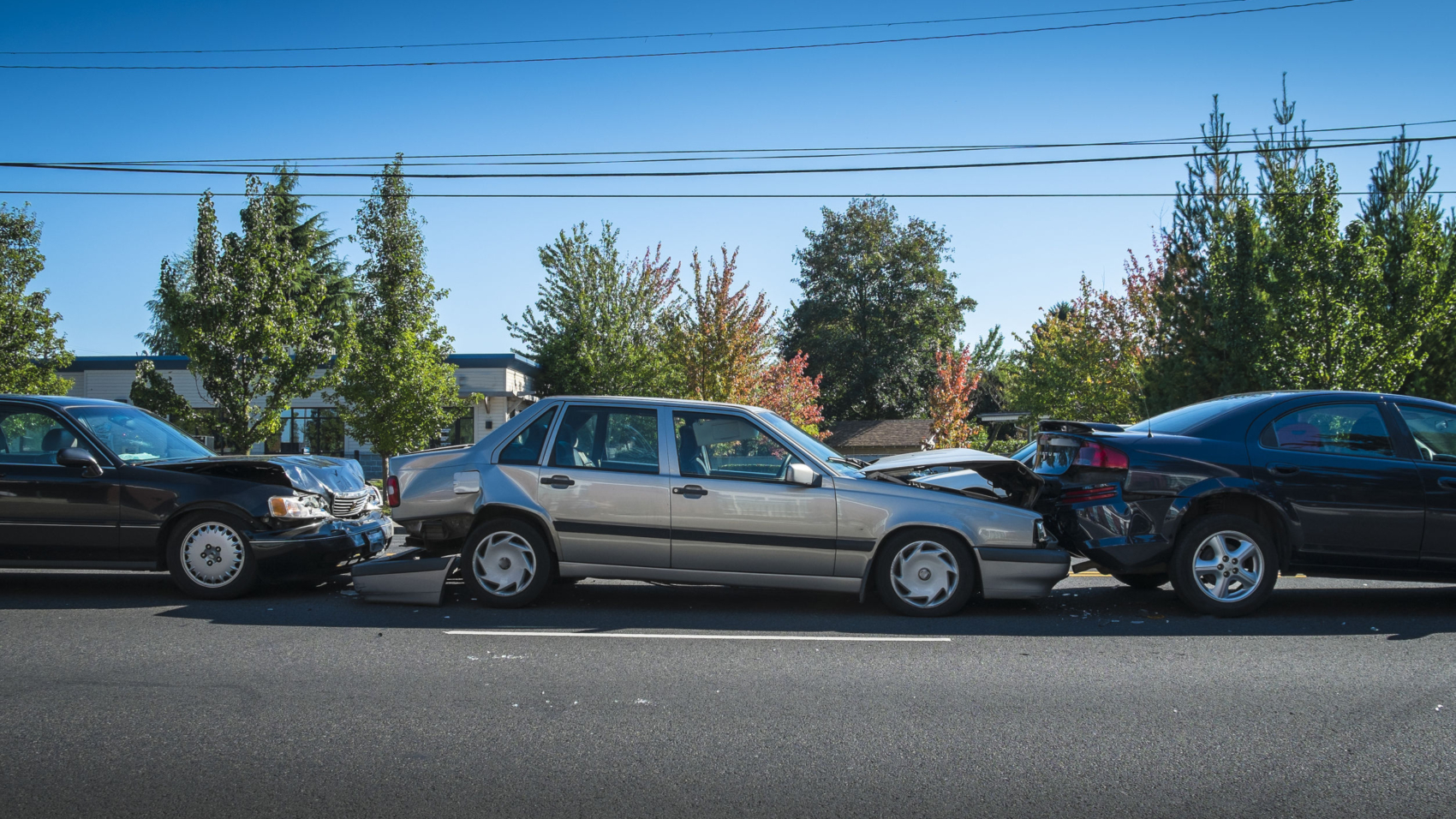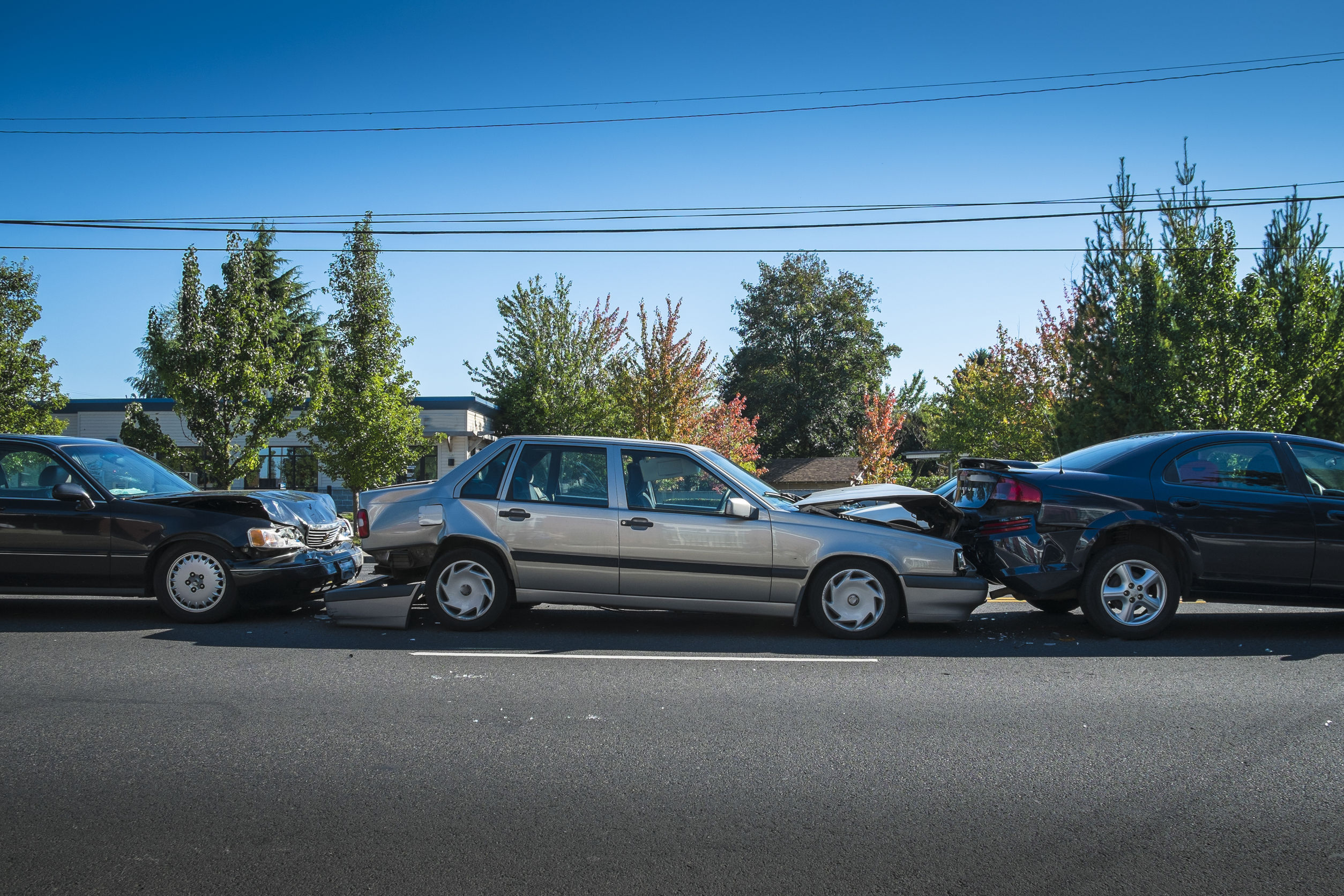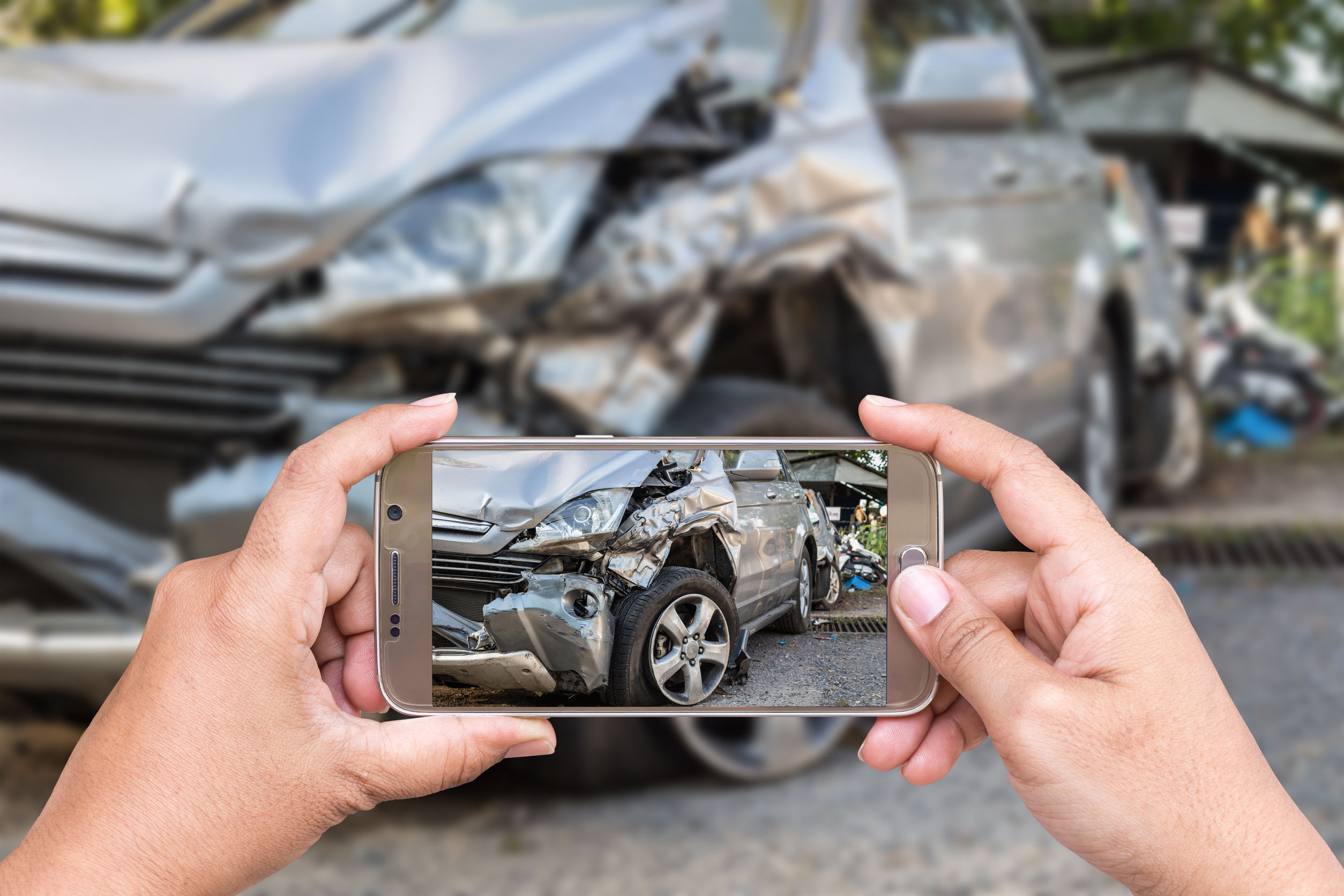Car accidents can result in tens (if not hundreds) of thousands of dollars in medical bills, lost wages, and car repairs. How is it decided who will have to pay for these damages and bills?
In Florida, it usually starts with personal injury protection (PIP). If you experience damages that add up to less than $10,000, it doesn’t matter who caused the accident. Florida car insurance will cover that amount and you won’t have to bring your case to court.
Unfortunately, this is rarely the case in chain-reaction crashes. Damages can stay relatively low if only one or two cars are involved. However, when three or four cars are in a crash, there is little chance that that the bills will stay under $10,000.
So, how does Florida determine who is at fault for a chain-reaction crash? They look to see what negligent behavior caused the auto accident.
Negligent Driving Behavior in Florida
It only takes a second for a driver to commit a negligent behavior and put themselves (and others) in danger. What does “negligent behavior” mean in terms of driving, though?
Drivers have a duty to follow certain rules of the road and practice safe driving. If they neglect to stick by these rules, they could have to front the bill for a serious accident.
Negligent behaviors on the road include:
- Speeding
- Swerving in and out of lanes without using a turn signal or looking for other drivers
- Driving on the wrong side of the road
- Driving without lights on at night
- Texting or talking on the phone while driving
- Any form of distracted driving
- Driving under the influence of drugs or alcohol
- Not wearing a seatbelt
- Driving a car that has not been inspected
This type of driving may also be called “reckless driving” or “careless driving.”
Negligent behavior only goes so far if it directly causes a car accident. Let’s see how this might play out in a case involving a chain-reaction crash.
Pretend you are Driver A. Driver B is behind you, and Driver C behind them.
Driver C rear-ends Driver B, causing them to rear-end you. The chain reaction crash racks up $150,000 worth of damage and medical bills combined for all three drivers.
In court, it turns out that Driver C was texting when they hit Driver B. Due to Driver C’s negligence, they will have to pay for all of the damages.
Of course, as any experienced Florida injury lawyer can tell you, it doesn’t always work out this way.
Comparative Negligence Could Prevent You from Getting Your Full Amount in Florida
Let’s stick to this example. If Driver C is the only negligent driver, then they will have to foot the bill and cover the damages.
However, what happens if Driver B rear-ended Driver A because they were also negligent? Does Driver C still have to cover their damages?
Not under Florida’s comparative negligence laws. If drivers file a lawsuit for damages, but partially contributed to those damages, they will only receive a portion of the compensation they asked for. For example, if a judge determines that Driver B and Driver C both equally contributed to the damages in the chain-reaction crash, they will most likely have to pay equal amounts of damages to the victims.
Collect All Information Before You Go to Court
Florida’s comparative negligence laws often encourage drivers to point fingers at each other in a crash and try to spread the blame around.
If you are involved in a chain-reaction crash, prepare for this type of finger-pointing and collect as much information as you can to defend yourself. With the help of a personal injury lawyer, you can get the compensation you deserve for any type of Florida car crash.
About the Author:
Jeffrey Braxton is a trial lawyer in Fort Lauderdale who has devoted his career to the practice of personal injury law. As lead trial attorney for the South Florida Injury Law Firm, Jeff has litigated thousands of cases and is a member of the Million Dollar Advocates Forum, an exclusive group of attorneys who have resolved cases in excess of one million dollars.






